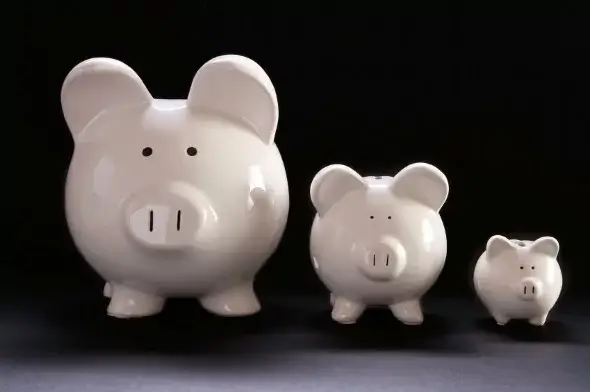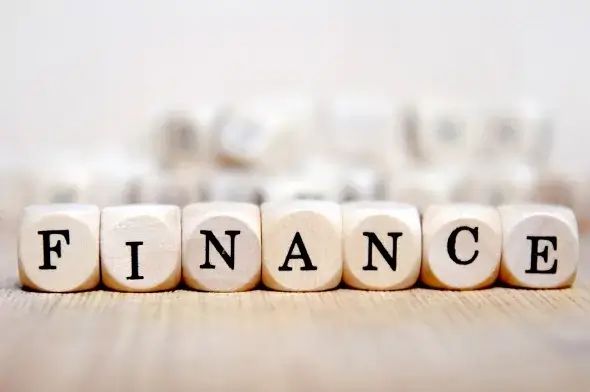| Loan Amount Dismiss | Loan Purpose | Credit Score | Location Dismiss |
| Advanced | |||
| Annual Income Dismiss | Birth Year Dismiss | Employment Status | |
Partner | APR | Term | Details and Conditions |
| Kabbage | |||||
 | 1-12% with flat monthly fee | 6 or 12 months |
| ||
| SoFi® | |||||
 | 4.24% – 9.99% | 5 - 20 Years |
| ||
| Splash | |||||
 | 4.25% - 10.24% | 5 - 25 Years |
| ||
| Splash | |||||
 | 8.99% - 35.99% | 2 - 7 Years |
| ||
| ELFI | |||||
 | 4.86% - 8.49%% | 5 - 20 Years |
| ||
| Credible | |||||
 | 3.69% - 11.11% | 5 - 20 Years |
| ||
| Credible | |||||
 | 6.49% - 35.99% | 2 - 10 Years |
| ||
Personal Loan Rates

Why seek a personal loan? Maybe you want to consolidate some high-interest credit card debt or pay some medical bills. When borrowing from friends or relatives is not an option, personal loans can fill an important gap. Before you apply, it’s a good idea to compare personal loan rates and terms to make sure you are picking the right one to fit your needs and situation. It's important to distinguish between affordable personal loans and personal loans that will lead to a debt spiral. Start by comparing interest rates.
Types of Personal Loans
New players keep entering the personal loan game. In the past, credit unions and banks offered personal loans to applicants with solid credit. Interest rates on personal loans from credit unions tended to be lower than the rates offered by traditional banks. The availability of personal loans depended to some extent on the economic climate. For example, after the most recent recession credit was tighter and lenders' standards of creditworthiness were higher.
Credit unions and banks weren't the only ones offering personal loans. Payday lenders, installment lenders and loan sharks provided personal loans to those with imperfect or nonexistent credit - or people who needed loans ASAP.
More recently, online personal loans have revolutionized the industry. Some of the lowest personal loan rates are to be found online, which is why any personal loan rate comparison should include a web search. A personal loan rate comparison tool can help you see all the options in one place.

And don't forget about peer-to-peer lending. Peer-to-peer lending sites act as matchmakers between would-be investors and would-be borrowers. Like traditional loan offerings, peer-to-peer sites offer low interest rates to applicants with high credit scores. In fact, they may offer rates that are lower than what traditional lenders offer.
But unlike traditional lenders, peer-to-peer sites are often willing to take a chance on applicants with bad or thin credit. Of course, these applicants will pay higher interest rates, but they won't be shut out of borrowing altogether. How do peer-to-peer lenders make it work? Investors build portfolios that mix low-risk, low-interest rate loans with higher-risk, higher-interest rate loans.
Looking Beyond the Interest Rates
It's always smart to compare personal loan rates when you're considering borrowing money. If you've ever had to deal with credit card debt or a home mortgage you'll understand what a difference a percentage point or two can make. Still, there's more that goes into a loan's affordability than the APR. Conducting a personal loan rate comparison is an important first step, but you still have some research to do before you sign on the dotted line.
First off, it’s a good idea to look for the best personal loan rates available to you. Consider different sources of personal loans, from brick-and-mortar lenders to sites online. If you have great credit you should be able to get a low personal loan interest rate. Still, you shouldn't expect rock-bottom rates. Remember that unsecured personal loan rates are generally higher than secured loan rates.
Why? Because secured loans offer the lender some collateral to repossess in case the borrower defaults. On the flip side, secured loans (like the Home Equity Line of Credit, or HELOC) are more risky for the borrower because the borrower could lose the asset that's securing the loan. In the case of home equity loans, that's the family house. No wonder some people decide they would rather go with an unsecured personal loan than risk the home they saved up for.

Once you've compared interest rates, it’s important to look at other aspects of the loans you're considering. For example, does the loan come with prepayment penalties that will discourage you from paying off the debt early? Are there expensive credit insurance add-ons that the lender is pressuring you into financing as part of your loan? Are there late payment penalties and penalty APRs? Could the APR jump after a certain period, leaving you with unaffordable monthly payments? All of these features could be red flags for anyone looking to find the best deal on their personal loan.
The Takeaway
If you want the best personal loan rate you'll need good credit. The lower your credit score, the more likely it is that lenders will offer you high-interest loans with terms that could keep you stuck in debt. It’s important to look for low loan rates, but also keep an eye out for things like prepayment penalties and insurance add-ons.
Here are a few rules to help you manage your personal loan. First, only borrow what you absolutely need. Second, put yourself on a budget so that you can keep up with your monthly payments. Third, pay as much as you can - don't just stick to the minimum payment. Lenders offer minimum payments as a guideline but they're often calibrated to be so low that they leave borrowers paying more interest for a longer period of time. A personal loan should be a short-term solution to a pressing problem, not a long-term source of financial stress. With the proper research ahead of time to compare your personal loan rates and terms, you can ensure you pick the best option for you and your financial situation.
Counties with the Lowest Debt by Purpose
SmartAsset’s interactive map highlights the places in the country where people have the lowest overall debt. Zoom between states and the national map to see where people have the lowest credit card, auto and mortgage debt.
| Rank | County | Income | Credit Card Debt as % of Income | Auto Debt as % of Income | Mortgage Debt as % of Income |
|---|
Methodology Our study aims to find the places where people have the least amount of debt. To find these counties we looked at three kinds of debt: credit card, auto and mortgage.
We calculated debt-to-income ratios for people in each county by comparing each type of debt (credit card, auto and mortgage) to the median income. This gave us three per capita debt-to-income ratios. We then indexed the three ratios for each county.
Finally, we averaged those to create the overall Lowest Debt Index.
Sources: US Census Bureau 2015 American Community Survey, Federal Reserve Bank of New York


